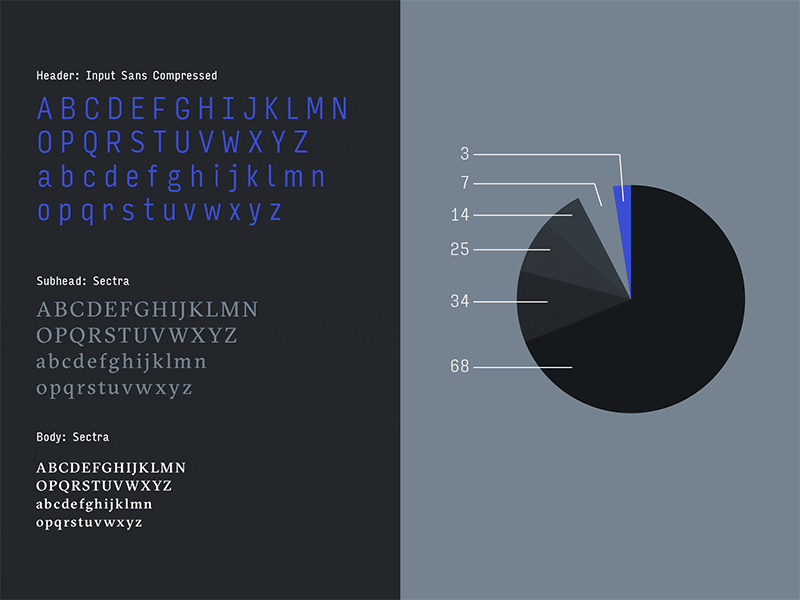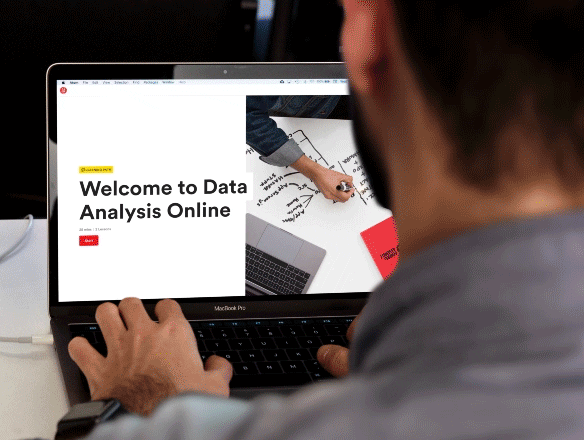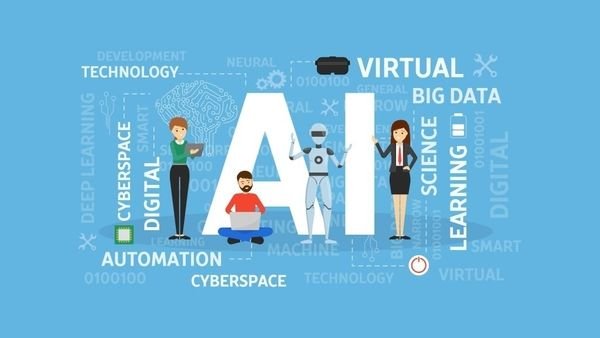The importance of Data Analytics was realized when data became the focus of major consulting and research firms across the globe. Some of the major decisions involve data on a daily basis. A career in data analytics is just what these organizations look for in a potential employee.
To be successful in data analytics, there are certainly effective ways:
How do you start a career in data analytics?
Understand the tools of the trade: These tools can be SAS, SQL, R, etc. Knowledge of tools is essentially just a start. You can pick the one that is easily accessible to you at the moment.
Learn to use tricks: You can do this by expanding your professional network with experienced professionals within the organizations you plan to join in the future or reach out to institutions that offer a course in data analytics.
Find your way into data analytics: Grab opportunities within your professional network. Take a course in data analytics – there are several renowned institutions that offer it. At Imarticus Learning, the data analytics course exposes you to real-life business examples through case studies and provides you with reading and learning material along with hands-on learning experience which is just the perfect fit to make a career in data analytics.
How can you learn business analytics?
Many organizations across the globe have witnessed a change in the way data influences their business. Analytics is a powerful tool for decision-making, resolving operational issues and boosting performance, allowing companies to reach their full potential and objectives.
There is an increased demand for data science professionals, and by developing analytical skills, even someone who does not already have a business background, can still learn it.
If you are a graduate, getting an MBA can help you gain relevant skills and solve complex business challenges at the organizations you may work in the future.
Here are some of the most effective ways how you can learn business analytics:
Take up an Online Business Analytics Course
At Imarticus, we offer an ocean of opportunities for learners. Our business analytics online course provides a great way to be job-ready and also become a data-driven decision maker. Our courses can be paused, rewound, and visited whenever you want.
Learn Things Hands-On
With our courses, you can add more to your skill-set by gaining a hands-on experience, all while managing other important demands in your life at your own convenience.
Expand Your Network
Your contacts on your professional network, both offline and online, can help you succeed, gain important skills, and help you perform better. You can contact them and learn new experiences through examples and guidance.
How do you learn big data analytics?
Big Data means collecting huge and complex data which cannot be stored easily and process. Big data can be in the form of interactions from the users’ social media, businesses, and mobile phones or transport systems.
Big Data Analytics is the process of managing these huge data sets from various sources using database management tools or data processing applications to be used by data analysts, and deliver the data products to organizations that run on data for their business.
The biggest challenges are capturing, curating, searching, storing, transfer, sharing, analysing and visualization of the huge data collected from random sources.
For being skilled and knowledgeable in using big data for the right purposes, in the right way, and at the right time, one needs to learn big data analytics. Learners can opt for big data analytics tutorial provided by renowned institutions such as Imarticus Learning, that offer a courses in big data analytics.
 A deep-dive into the world of big data offered at Imarticus Learning teaches you the most fundamental concepts and methods and tools used to effectively manage data in general and on-the-job at organizations which deal with big data every day.
A deep-dive into the world of big data offered at Imarticus Learning teaches you the most fundamental concepts and methods and tools used to effectively manage data in general and on-the-job at organizations which deal with big data every day.
How can you learn Hadoop and Big Data?
The most important challenges that come with Big Data are data quality, discovery, analytics, storage, security, and skill shortage. That is exactly why it is necessary to understand Hadoop and Big Data, and to learn to work with them. Hadoop can handle large data volumes, structured or unstructured. Many organizations that deal with data on a daily basis use Hadoop to run applications which have thousands of terabytes of data. Hadoop can run on a personal computer too. That’s what makes it a really adaptable and useful tool.
So, how does one attain the skills required to use this amazing tool?
The answer is obvious – Big Data Hadoop Training!
 Imarticus Learning offers courses in Big Data Analytics, which includes learning several tools used in the process. Through a Big Data Hadoop Training, you can understand the complexities of Hadoop, its components, and learn to use it quickly.
Imarticus Learning offers courses in Big Data Analytics, which includes learning several tools used in the process. Through a Big Data Hadoop Training, you can understand the complexities of Hadoop, its components, and learn to use it quickly.
The course covers everything you need if you are planning to start a career in Data Analytics. You will also get a deep insight into how big the Big Data market is, the different employment options, the latest trends, the history of Hadoop, Hive, and Pig.
Can the Hadoop course be completed via online training mode?
Due to the major challenges that arise while using Big Data, like data quality, discovery, analytics, storage, security, and skill shortage, it is necessary to understand how to use Hadoop, and to learn to work with it. Hadoop can help handle large data volumes, whether structured or unstructured. Many organizations that deal with data on a daily basis depend on tools Hadoop to run applications with thousands of terabytes of data. Hadoop is so adaptable that it can even be used on a personal computer.
So, can one learn Hadoop via online training?
 The answer is – Big Yes!
The answer is – Big Yes!
In Hyderabad, and multiple locations throughout India, Imarticus Learning offers courses in Big Data Analytics, which includes learning how to use several tools. Imarticus Learning offers Hadoop training in Hyderabad. The course offers a deep-dive into Hadoop. It helps the learners understand the complexities of Hadoop, its components, and learn to use it quickly and effectively.
The course covers everything you need if you are planning to start a career in Data Analytics, specifically concerning Big Data. You will also get a deep insight into how big the Big Data market is, the different employment options, the latest trends, the history of Hadoop, Hive, and Pig.


 If you’re interested in pursuing data analytics jobs sometime in the future, it is advised that sign up for big data analytics training opportunities within or through your company. If you’re a student or a fresh graduate, enrolling in a
If you’re interested in pursuing data analytics jobs sometime in the future, it is advised that sign up for big data analytics training opportunities within or through your company. If you’re a student or a fresh graduate, enrolling in a 

 Access to big data helps to mitigate probable risks on online trading and making precise predictions.
Access to big data helps to mitigate probable risks on online trading and making precise predictions.

 Remote learning is now been done through a lot of platforms and mediums such as Video conferences, online tasks and assessments, discussion boards, webinars, etc. These platforms allow free flow of information and are equipped with all kinds of features like screen sharing, system control sharing, whiteboards, annotations etc. Remote learning is a new way of learning.
Remote learning is now been done through a lot of platforms and mediums such as Video conferences, online tasks and assessments, discussion boards, webinars, etc. These platforms allow free flow of information and are equipped with all kinds of features like screen sharing, system control sharing, whiteboards, annotations etc. Remote learning is a new way of learning.
 A Shortage of Big Data Talent
A Shortage of Big Data Talent

 A deep-dive into the world of big data offered at Imarticus Learning teaches you the most fundamental concepts and methods and tools used to effectively manage data in general and on-the-job at organizations which deal with big data every day.
A deep-dive into the world of big data offered at Imarticus Learning teaches you the most fundamental concepts and methods and tools used to effectively manage data in general and on-the-job at organizations which deal with big data every day.  Imarticus Learning offers courses in Big Data Analytics, which includes learning several tools used in the process. Through a Big Data Hadoop Training, you can understand the complexities of Hadoop, its components, and learn to use it quickly.
Imarticus Learning offers courses in Big Data Analytics, which includes learning several tools used in the process. Through a Big Data Hadoop Training, you can understand the complexities of Hadoop, its components, and learn to use it quickly. The answer is – Big Yes!
The answer is – Big Yes!
